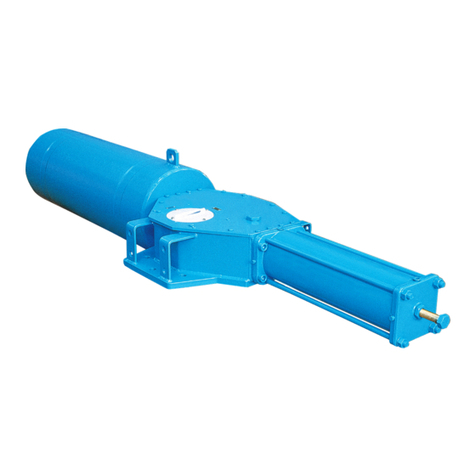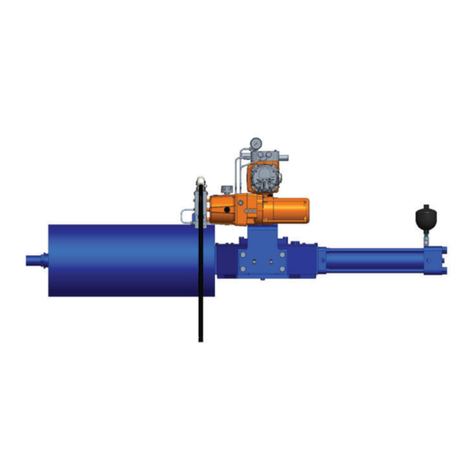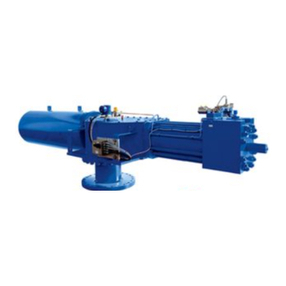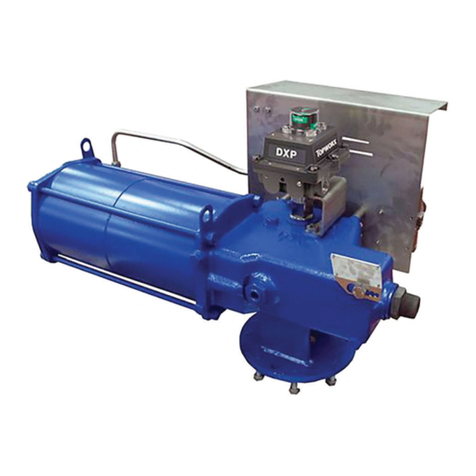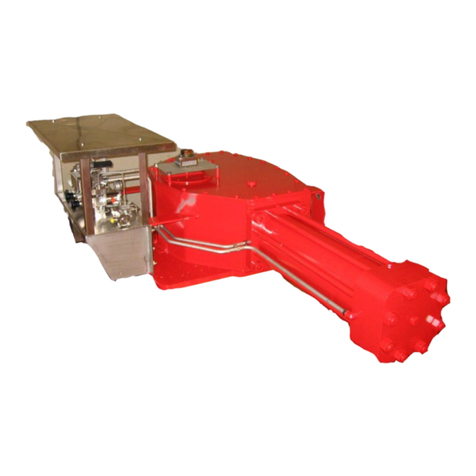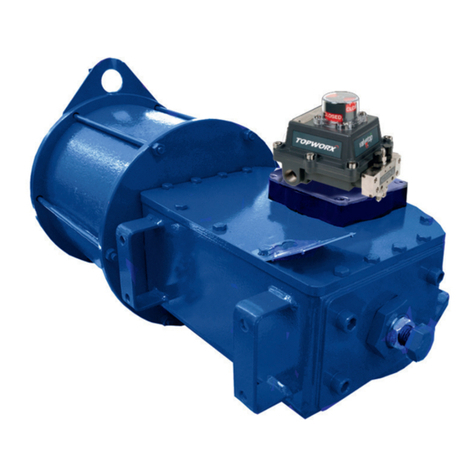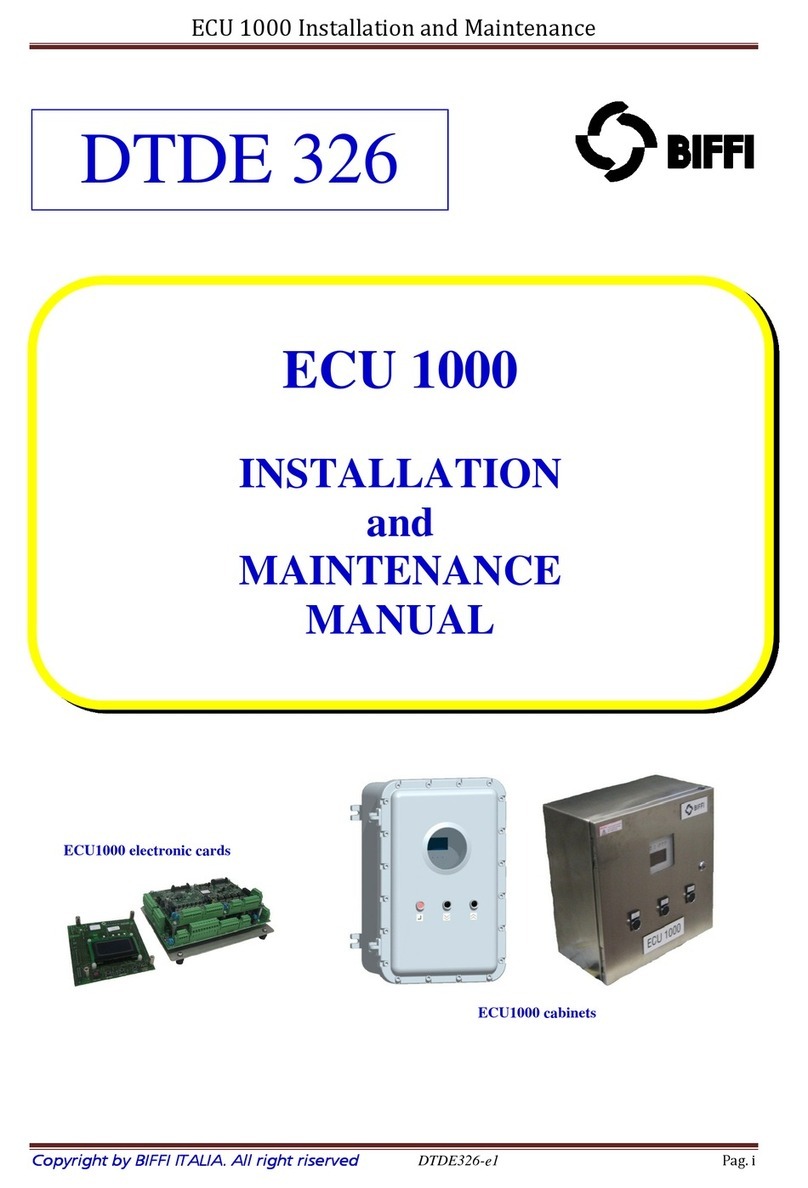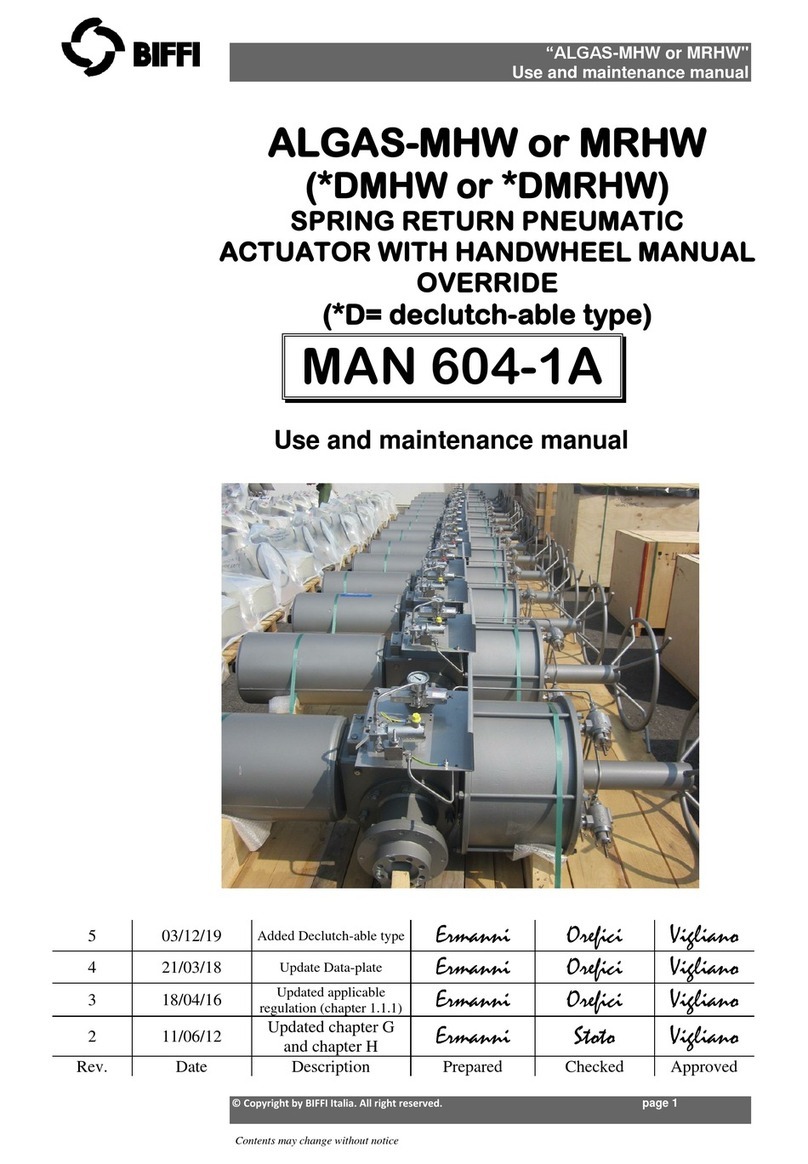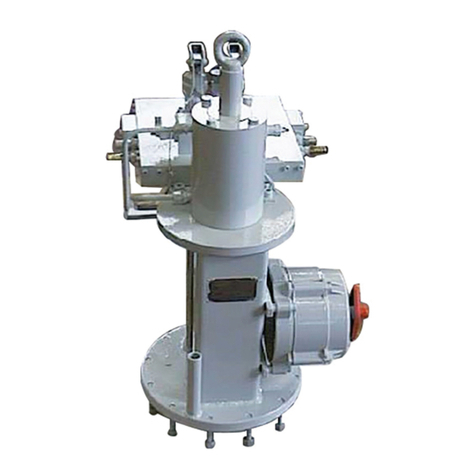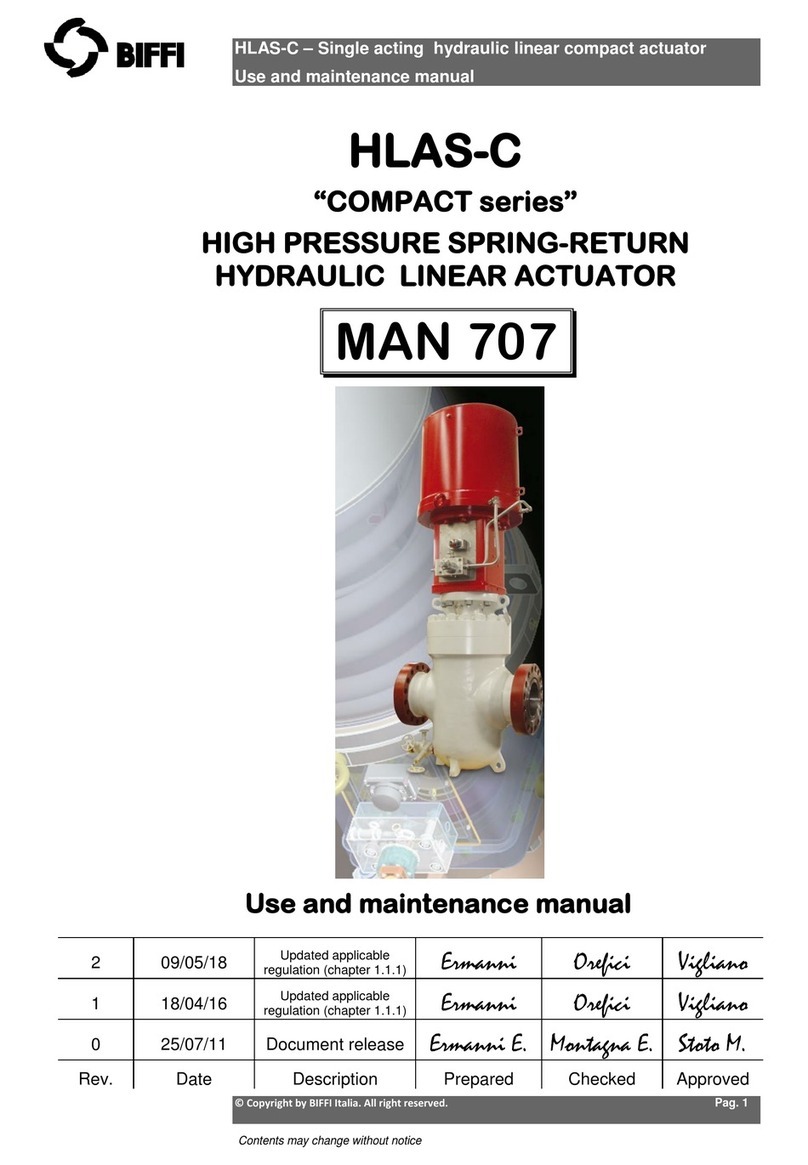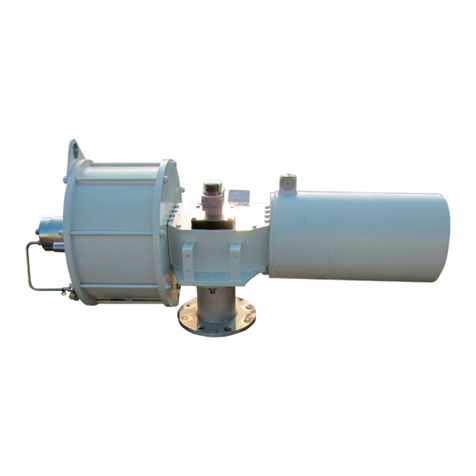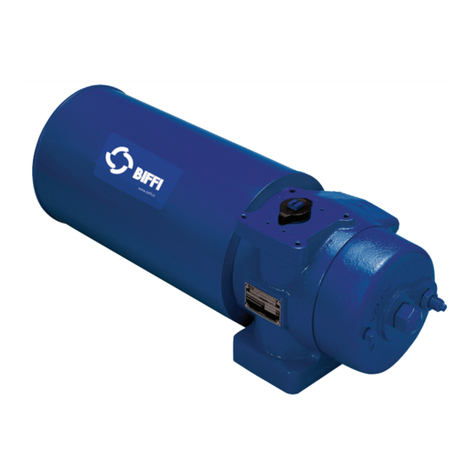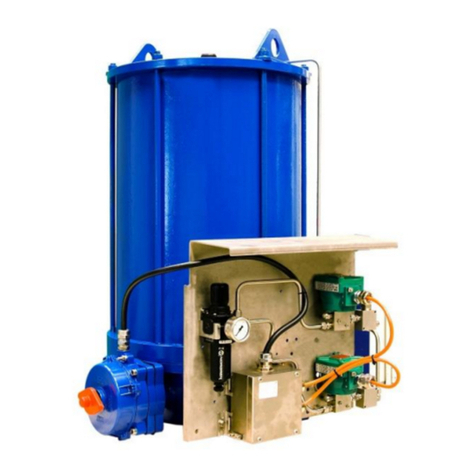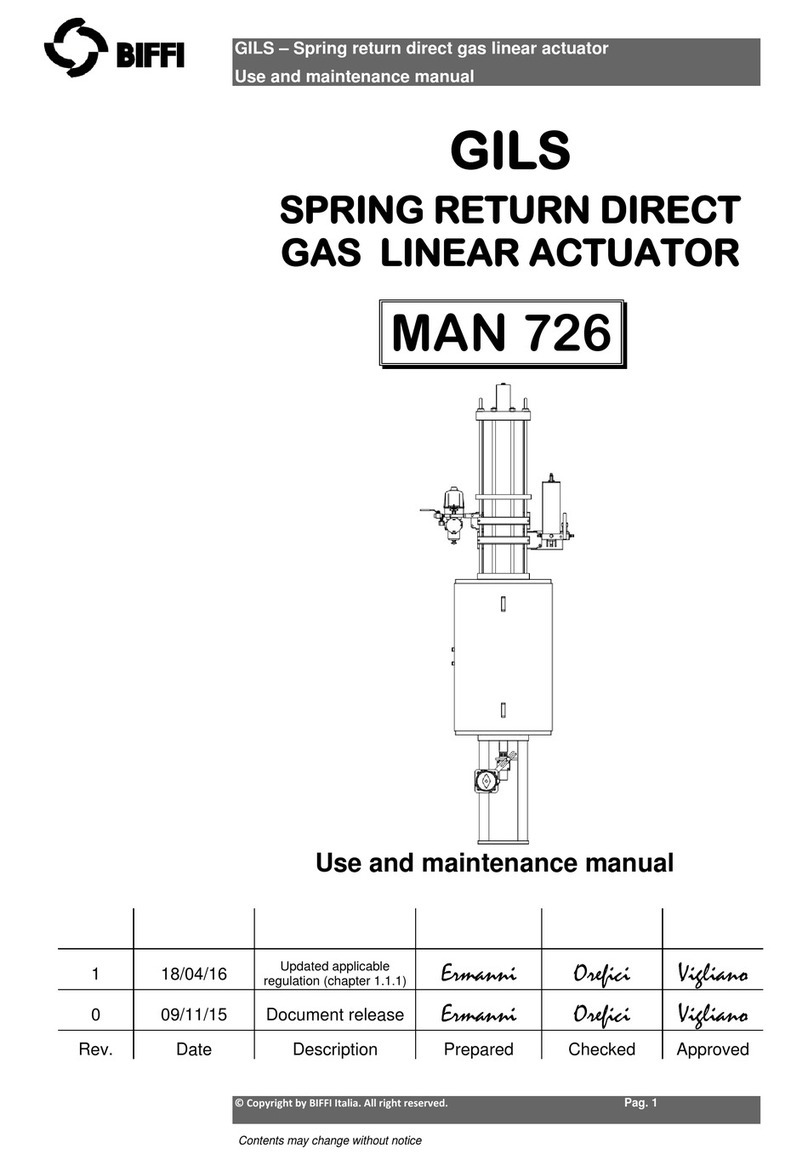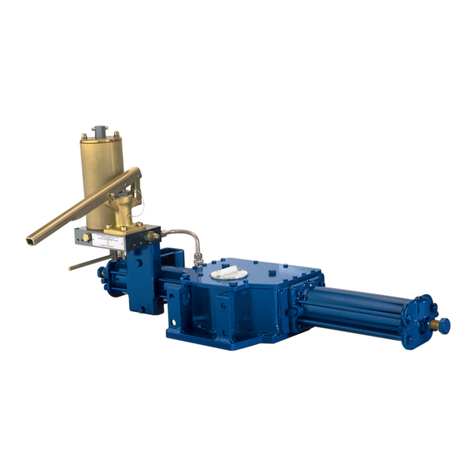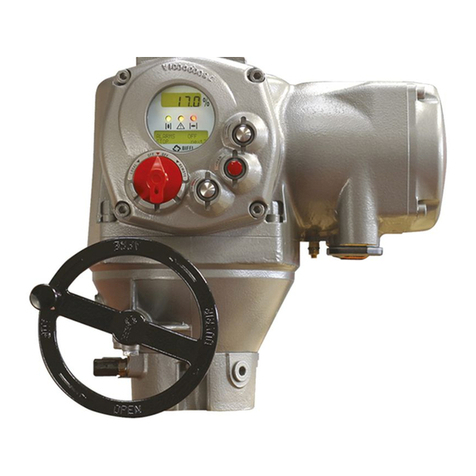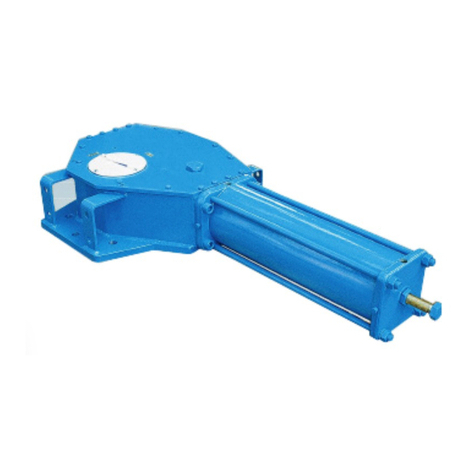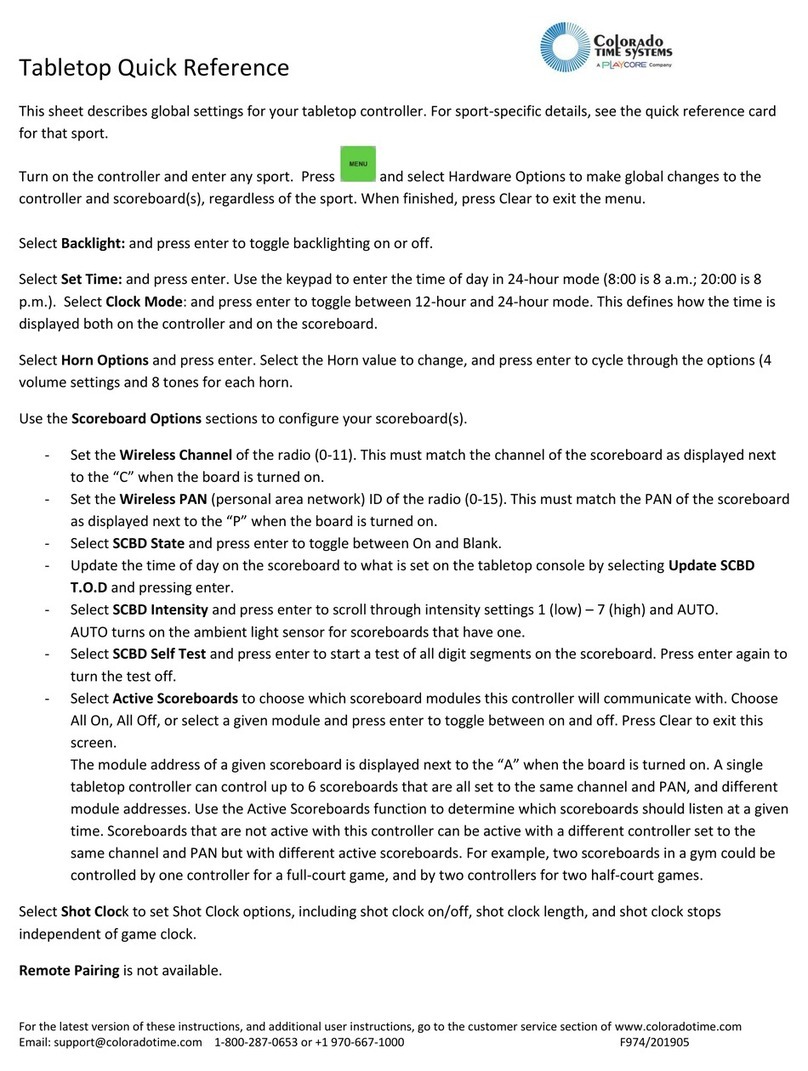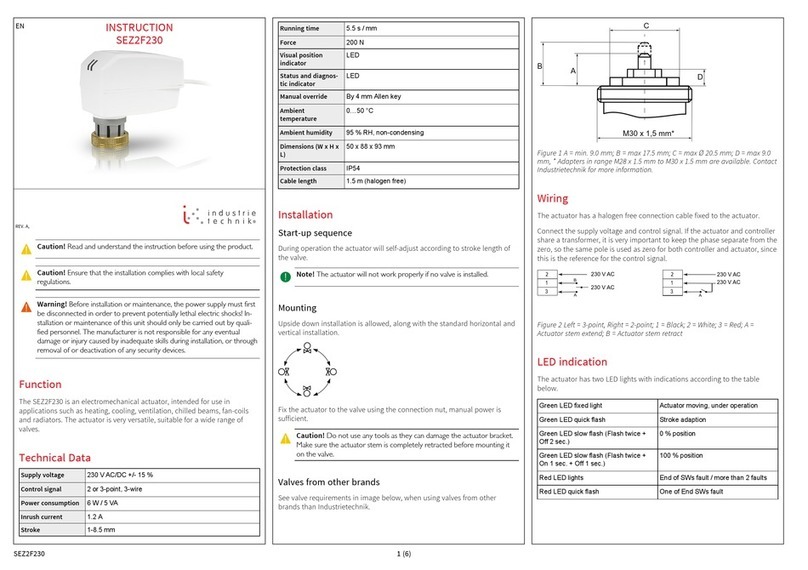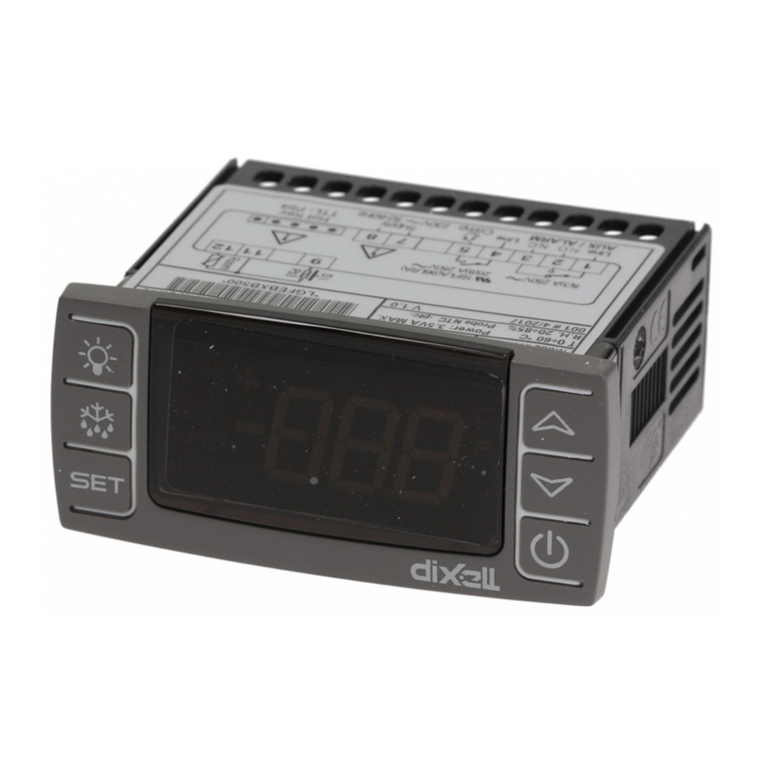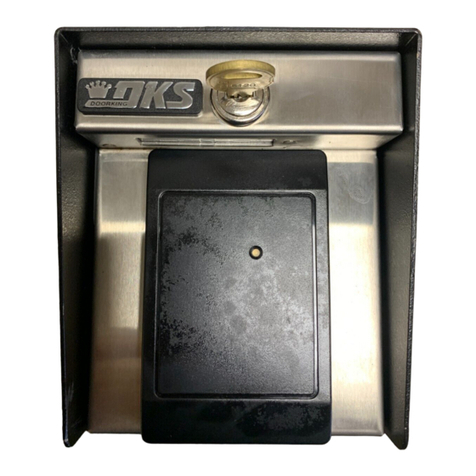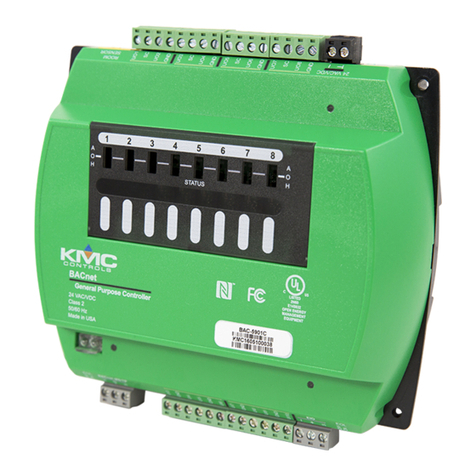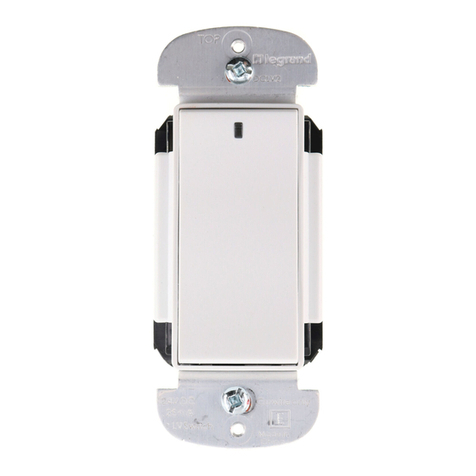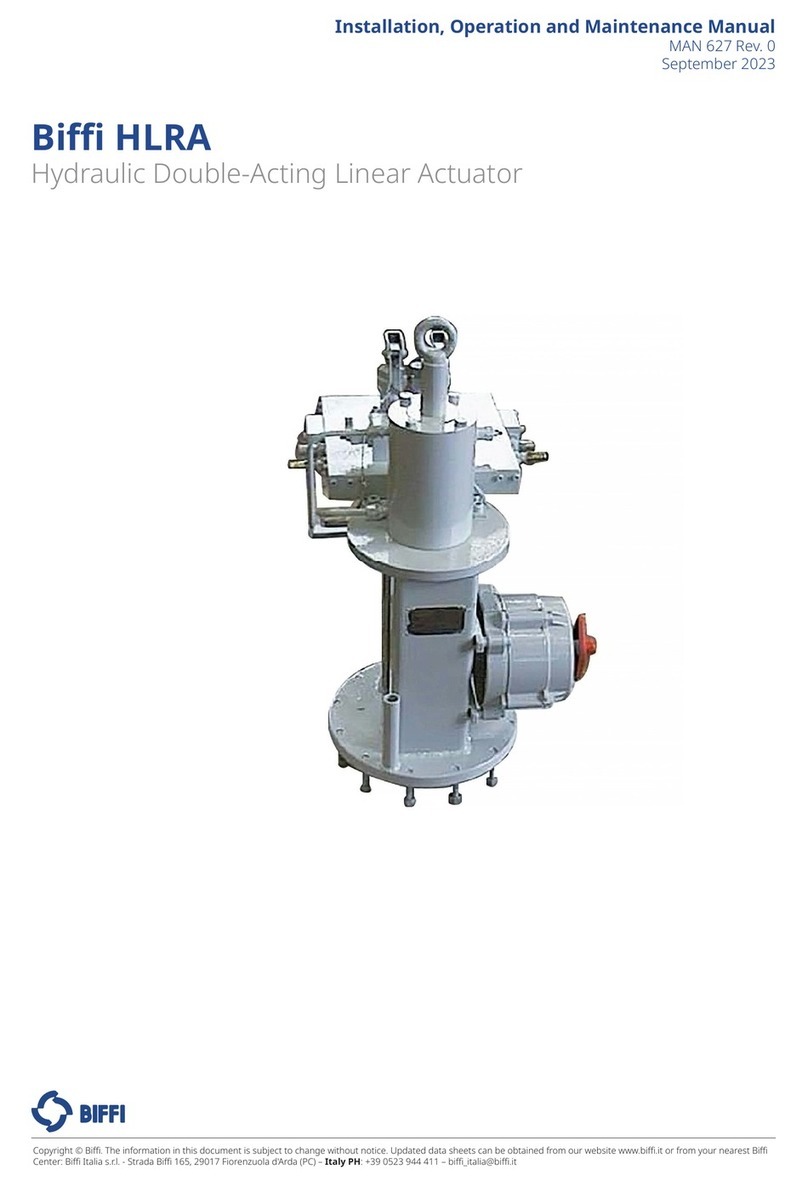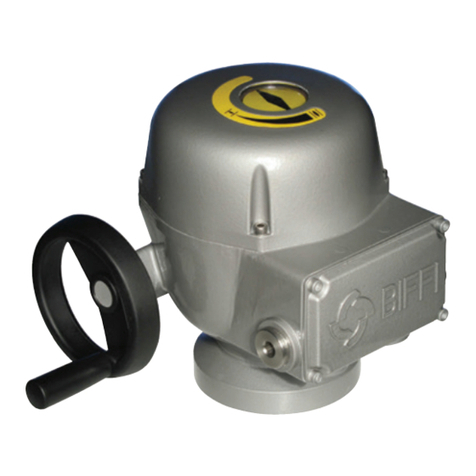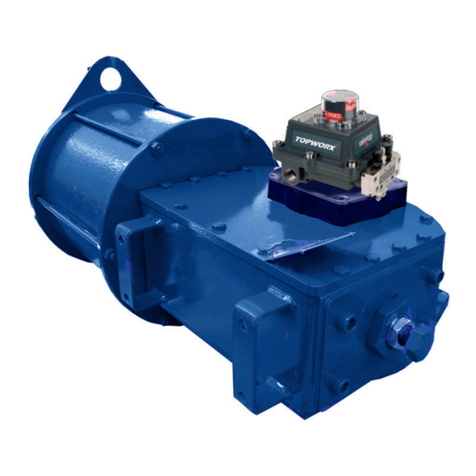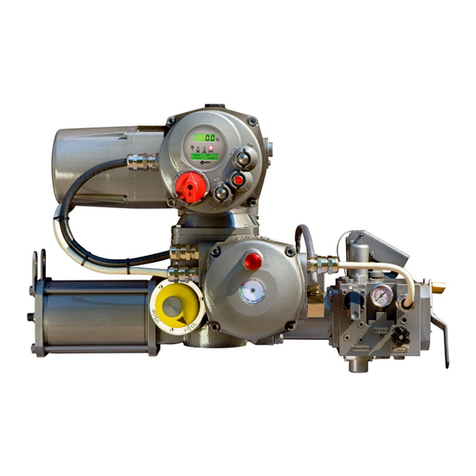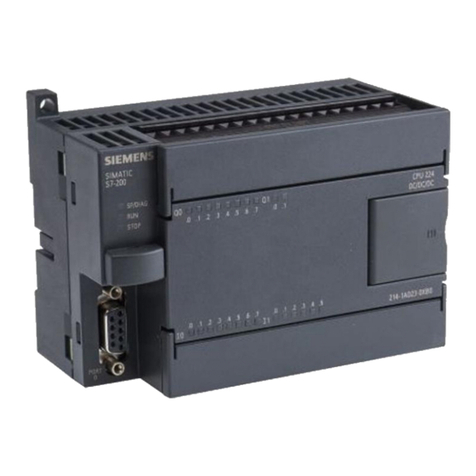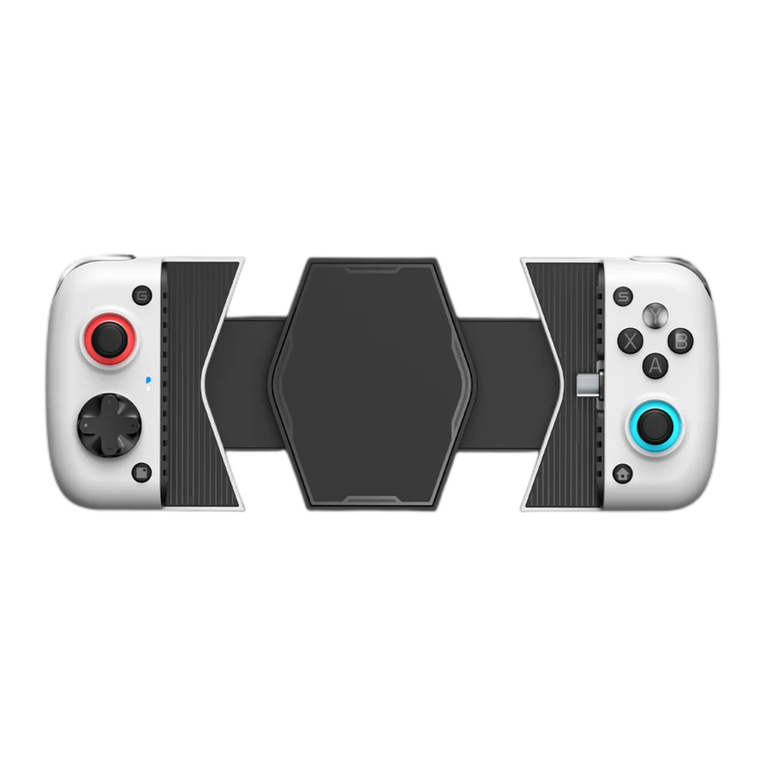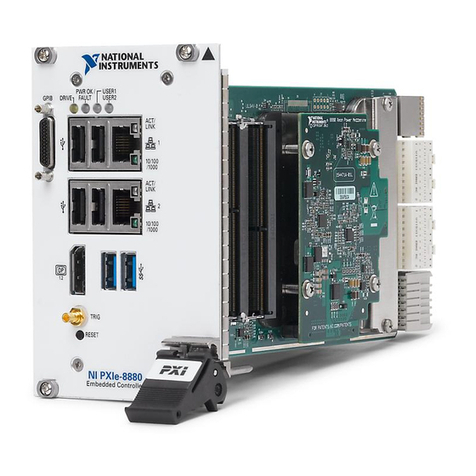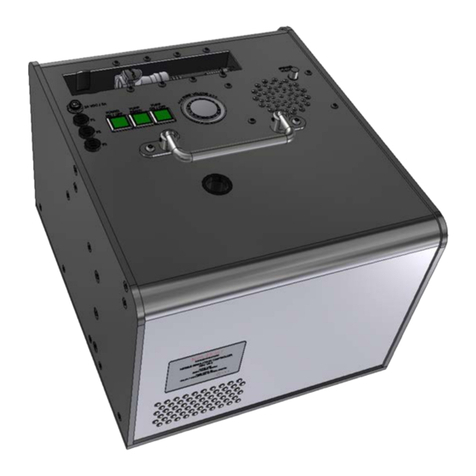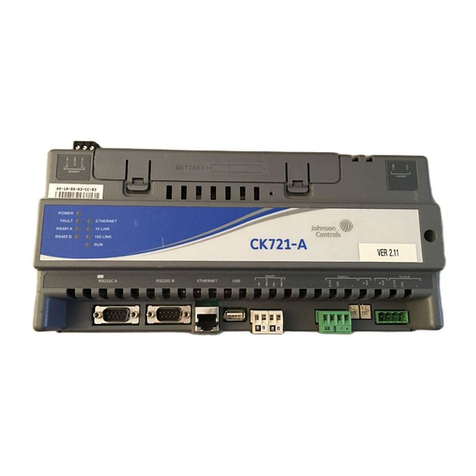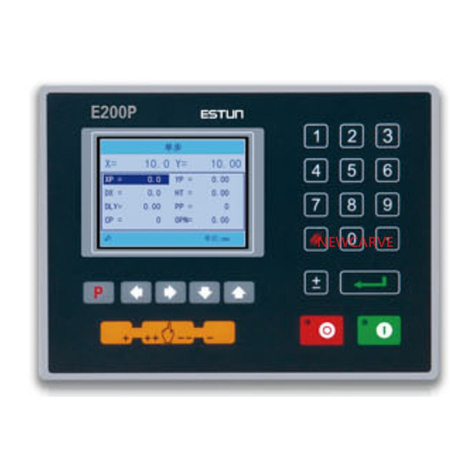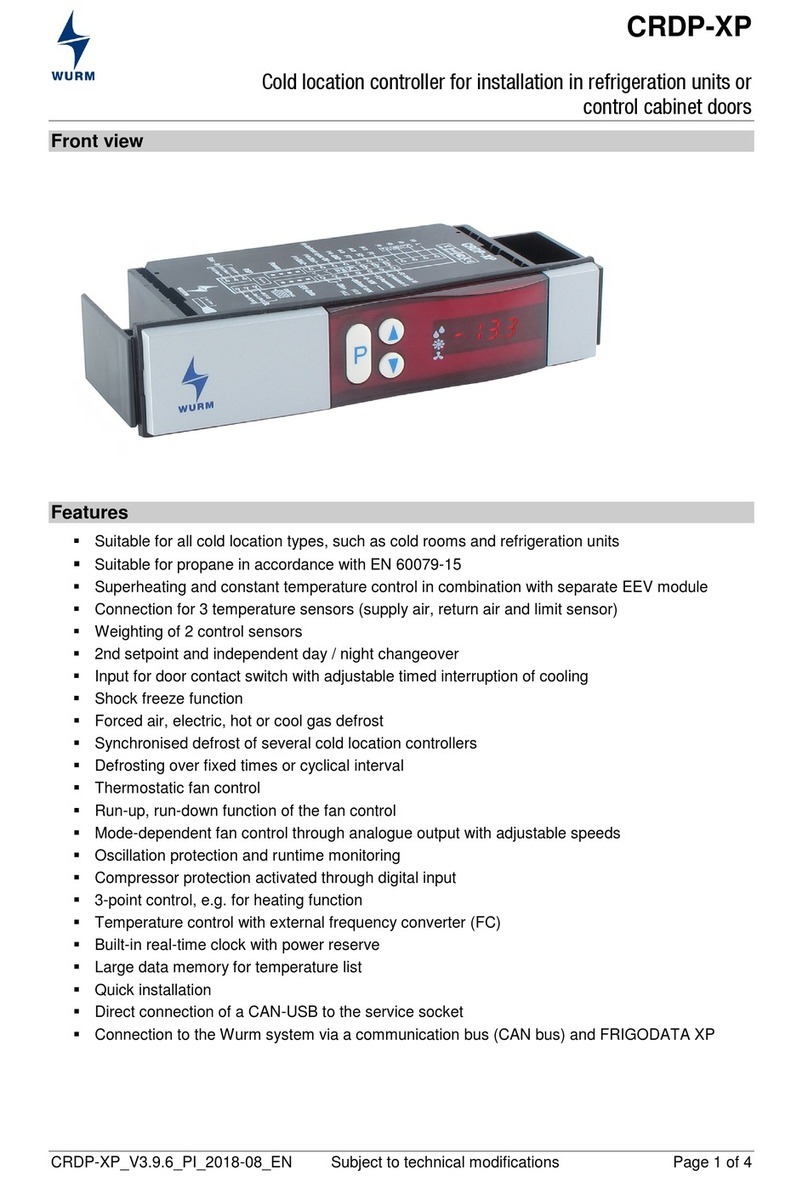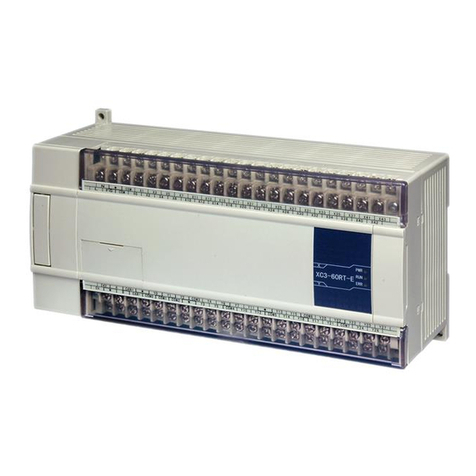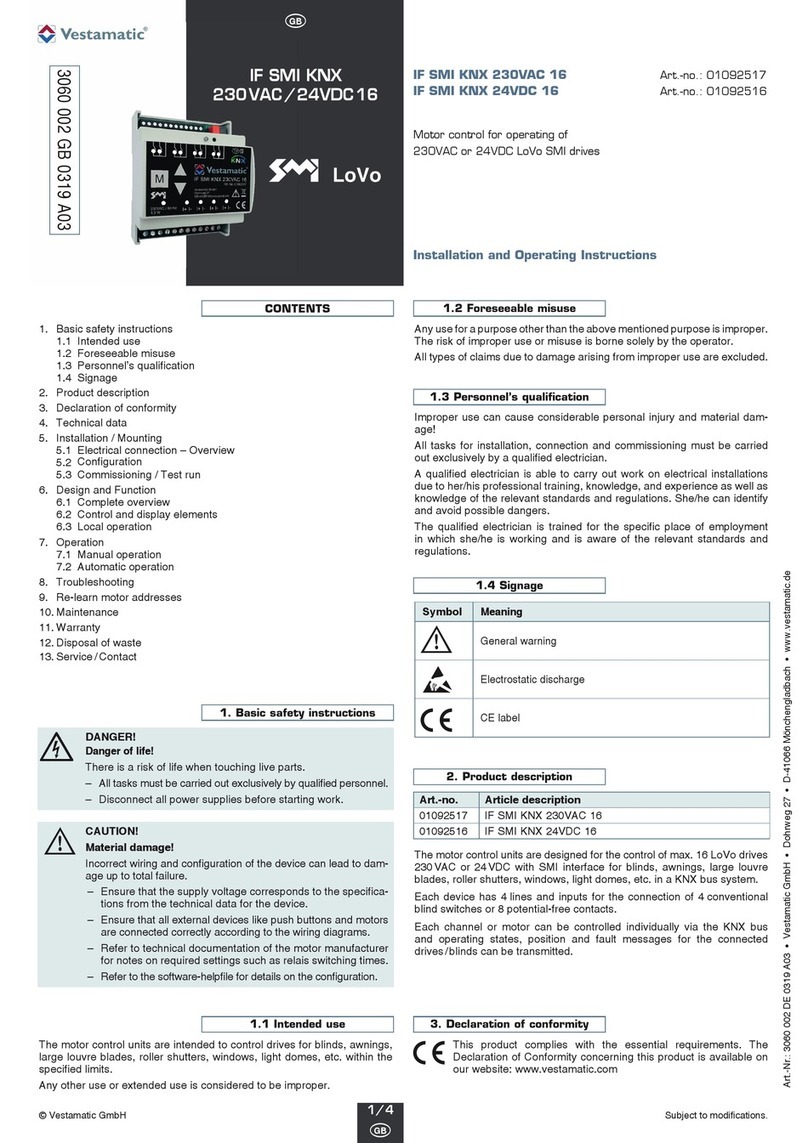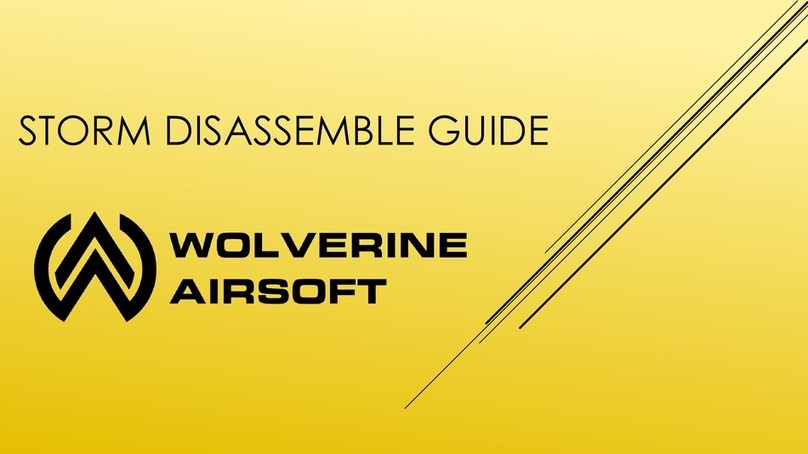
i
Installation, Operation and Maintenance Manual
MAN 605 Rev. 4
Table of Contents
February 2021
Table of Contents
Table of Contents
Section 1: General Warnings
1.1 Generalities................................................................................................... 1
1.2 Identification Plate ........................................................................................ 2
1.3 Introducing the Actuator............................................................................... 3
1.4 Data Sheet .................................................................................................... 4
Section 2: Installation
2.1 Checks Upon Actuator Receipt ...................................................................... 5
2.2 Actuator Handling......................................................................................... 5
2.3 Storage ......................................................................................................... 7
2.4 Actuator Assembly on the Valve.................................................................... 7
2.5 Hydraulic Connections................................................................................ 10
2.6 Electrical Connections (If Any)..................................................................... 11
2.7 Commissioning........................................................................................... 11
Section 3: Operation and Use
3.1 Operation Description................................................................................. 12
3.2 Residual Risks.............................................................................................. 14
3.3 Operations.................................................................................................. 14
3.4 Calibration of the Angular Stroke ................................................................ 14
3.5 Calibration Of Microswitches (If Foreseen) .................................................. 16
3.6 Calibration of the Operation Time............................................................... 19
Section 4: Operational Tests and Inspections
Operational Tests and Inspections..........................................................................20
Section 5: Maintenance
5.1 Periodic Maintenance.................................................................................. 21
5.2 Extraordinary Maintenance ......................................................................... 23
5.3 Lubrication of Mechanism ........................................................................... 26
5.4 Dismantling and Demolition ....................................................................... 27
Section 6: Troubleshooting
6.1 Failure or Breakdown Research.................................................................... 28
Section 7: Layouts
7.1 Spare Parts Order........................................................................................ 29
7.2 Parts List ror Maintenance and Replacing Procedure.................................... 30
Section 8: Date Report for Maintenance Operations
Date Report for Maintenance Operations...............................................................32




















